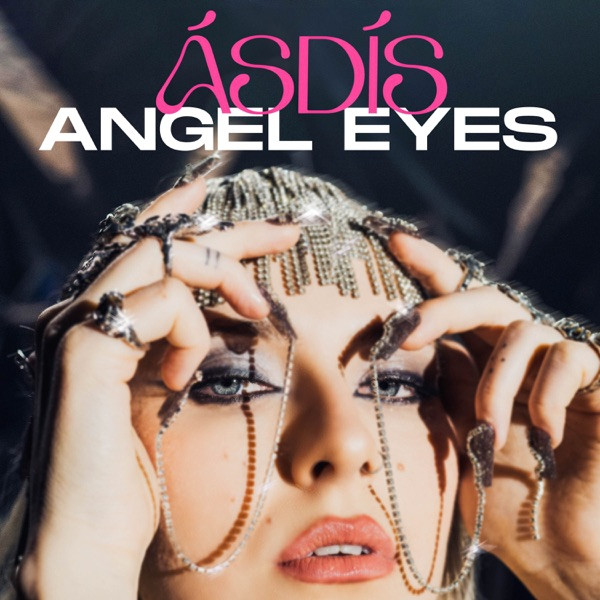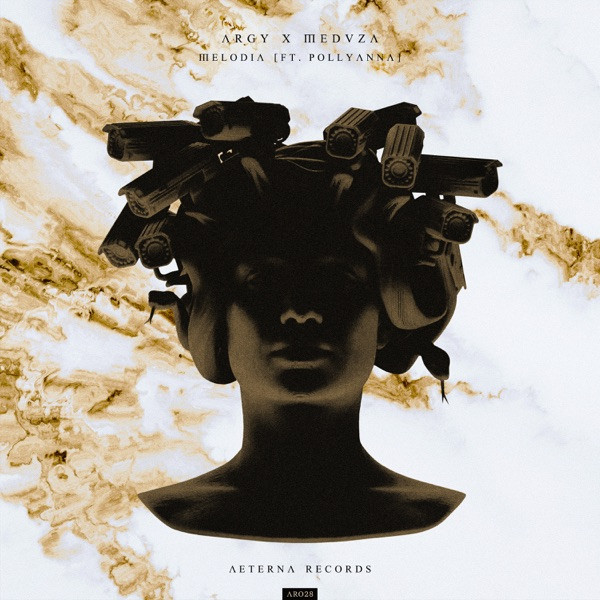
A-List Hip-Hop Icon Faces Harsh Reality in Ongoing Court Battle
The case of Sean “Diddy” Combs has become a legal saga that could outdo even the wildest courtroom thrillers—yet each new chapter only gets more intense. The hip-hop legend and entrepreneur, who helped define entire decades of music and nightlife, now finds himself trapped in a very real and relentless legal battle. The latest twist: a federal judge in New York has once again refused to grant Diddy’s release on bail, despite a jaw-dropping $50 million offer from his defense team.
Diddy’s story began long before the courtroom: from the rise of “Bad Boy” Records and the glittering parties to the era-defining hits and business moves that turned Combs into a global phenomenon. But that glitzy legacy is now overshadowed by serious allegations—sex trafficking, extortion, violence, and a swirl of behind-the-scenes accusations straight out of a crime novel. In September 2024, Diddy was arrested and sent to federal prison, where he remains to this day.
The legal drama escalated after a partial acquittal: while the jury cleared Diddy of the most serious charges (sex trafficking and racketeering conspiracy), he was found guilty on two lesser counts—transporting individuals for prostitution. This kicked off a new round of courtroom maneuvering. His legal team quickly filed for a fresh review and pushed for release on a $50 million bail package, citing “extraordinary circumstances,” family obligations, and poor jail conditions.
But Judge Subramanian was unequivocal in his rejection. He pointed to Diddy’s “history of violence in personal relationships” and said the risk to the public—and the potential for flight—remains too great. “Raising the bail amount or adding conditions does not change the fundamentals of this case,” the judge wrote. He also stressed that this kind of violence, especially “behind closed doors,” is nearly impossible for authorities to fully control, no matter how strict the terms.
Testimony in the case has been explosive. Witnesses have described violent outbursts, and Diddy’s former girlfriend, Gina Huynh, spoke of physical abuse, humiliation, and threats—while other ex-partners were also referenced as victims. In a surreal twist, Huynh, who had a long on-and-off relationship with Diddy, sent the court a letter asking for a second chance for him, calling him “a loving father who has changed and is no longer violent.” Yet her plea failed to sway the court.
Meanwhile, prosecutors painted an even darker portrait: alleging not only a continued pattern of violence since 2018, but also the use of threats, coercion, and intimidation to control victims. Both named and anonymous accounts described jealousy, controlling behavior, and even physical injuries requiring medical care.
All of this has left Diddy with few options for special treatment. Now, he’s not only fighting for his reputation but for his very freedom. His legal team has already promised an appeal and may even seek a presidential pardon from Donald Trump. According to inside sources, there’s ongoing political lobbying and strategizing to reduce or eliminate any prison sentence.
As the public watches with fascination, the Diddy case brings together all the elements of a modern epic: drama, pop culture, social reckoning, and constant twists. Once seen as “untouchable” in a world of megastars and millionaires, Diddy is now facing the law head-on—with no signs of special privilege. The path to a final verdict (his sentencing is set for October 3) is shaping up to be long, packed with new revelations, leaks, and high-stakes legal maneuvers.
What’s clear is that Diddy’s trial is becoming a landmark case, showing how even the most powerful figures can be brought to account. Pop culture is shifting, public tolerance is changing, and the stakes for accountability have never been higher.







